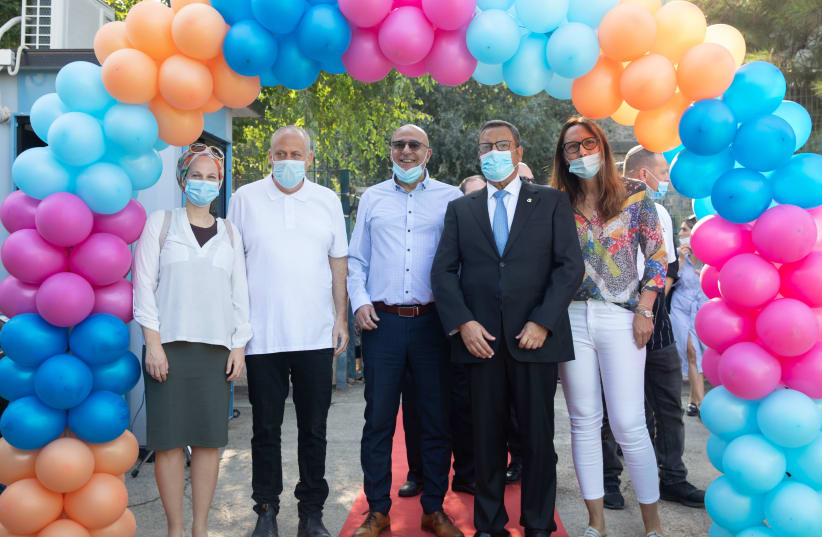Moshe Lion’s remarkable skills in quiet and effective negotiations have delivered most of the “goods” the mayor pledged. Until the coronavirus crisis, his two major plans worked out: cleaning up the city and encouraging construction – of both housing and office space – and even the light rail project stepped up and became a bit more realistic.
But that was before the COVID-19 era, and with it the intensively different points of view between the haredi sector, with all streams represented at city council, and the strict requirements of the Health Ministry and the coronavirus commissioner.
It is important to clarify that not all haredi streams broke the coronavirus restrictions. In the Sephardi sector, synagogues, yeshivot and Talmud Torah children’s schools were closed from the start of the pandemic. The same goes for most of the haredi Lithuanian institutions, but that was not, and still is not, the case in some of the hassidic sects – especially the most extremists among them, mostly in Mea She’arim.
Large weddings took place, synagogues opened underground, Talmud Torah schools ignored the capsule system and there were more violations. Lion seemed overwhelmed, trying to calm down all sides, but at the end of the day he achieved very poor results.
Lion, for example, was opposed from the beginning to the closure of neighborhoods, arguing these areas would simply become incubators. In that sense, he was in total agreement with his haredi partners, a position he also held regarding the Arab sector. However, he couldn’t convince the health authorities, while his partners remained mostly off to the side – supporting their rabbis, even when they made declarations that outraged public opinion.
Lion refused to break the rules, and continued to try – through talks, persuasion and negotiations – to reach some understanding between the parties. The results have been, thus far, quite frustrating, and have supplied the opposition at city council with a lot of ammunition to accuse him of complying with the haredi sector – thus endangering the health of all Jerusalem residents.
Lion was and is still opposed to closing “red” neighborhoods – which happened to be exclusively Arab or haredi – not only because he doesn’t believe it is the best way to reduce infection rates, but also because his haredi partners won't let him. As of this week, city officials have only given out a handful of fines to those breaking the rules. The majority of tickets handed out in Jerusalem were given by the police, which means the municipality was not really involved in ensuring the rules would be kept.
But there is more. Since last week, Talmud Torah schools and yeshivot reopened, and so few of them, if any at all, are keeping the rules of social distancing, masks and capsules. And here again, municipal officials are not doing much, and too often don’t even bother to step inside those institutions, not to mention closing them. The most that has been done is to give tickets of up to NIS 5,000. Considering that the leadership of some hassidic sects have managed to collect funds from communities abroad to help them pay the tickets, the burden of these fines won’t make them change their attitude.
Lion is convinced that only through talks can he get things moving and obtain the best results. In many other situations, this would be the right thing to do, especially considering the different sectors all coexisting in the capital, and that the best approach would be to establish a respectful dialogue with all sides. Except that in this case, it seems this is not enough – as, according to the latest Health Ministry data, Jerusalem continues to have the highest corona death toll.
